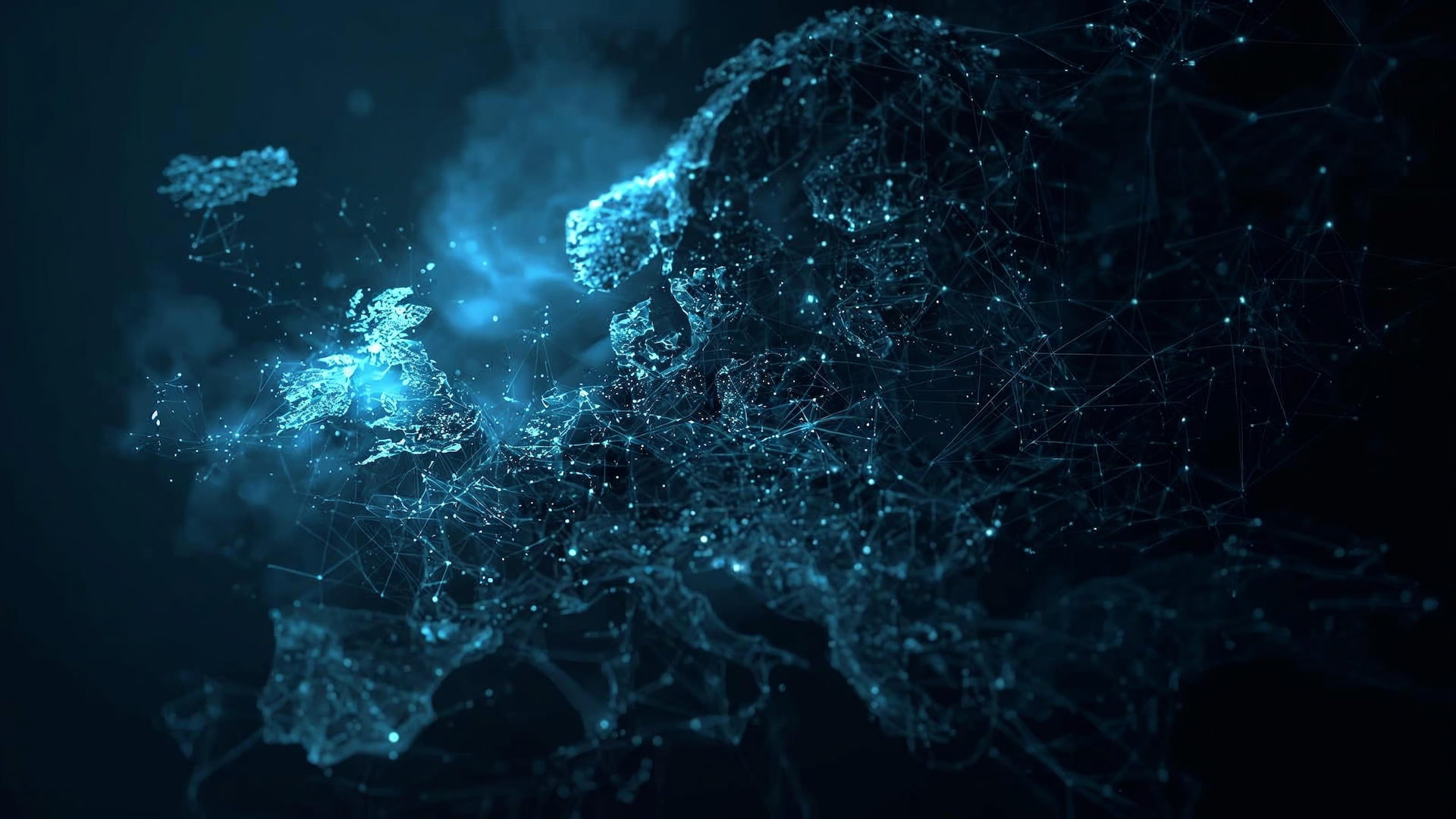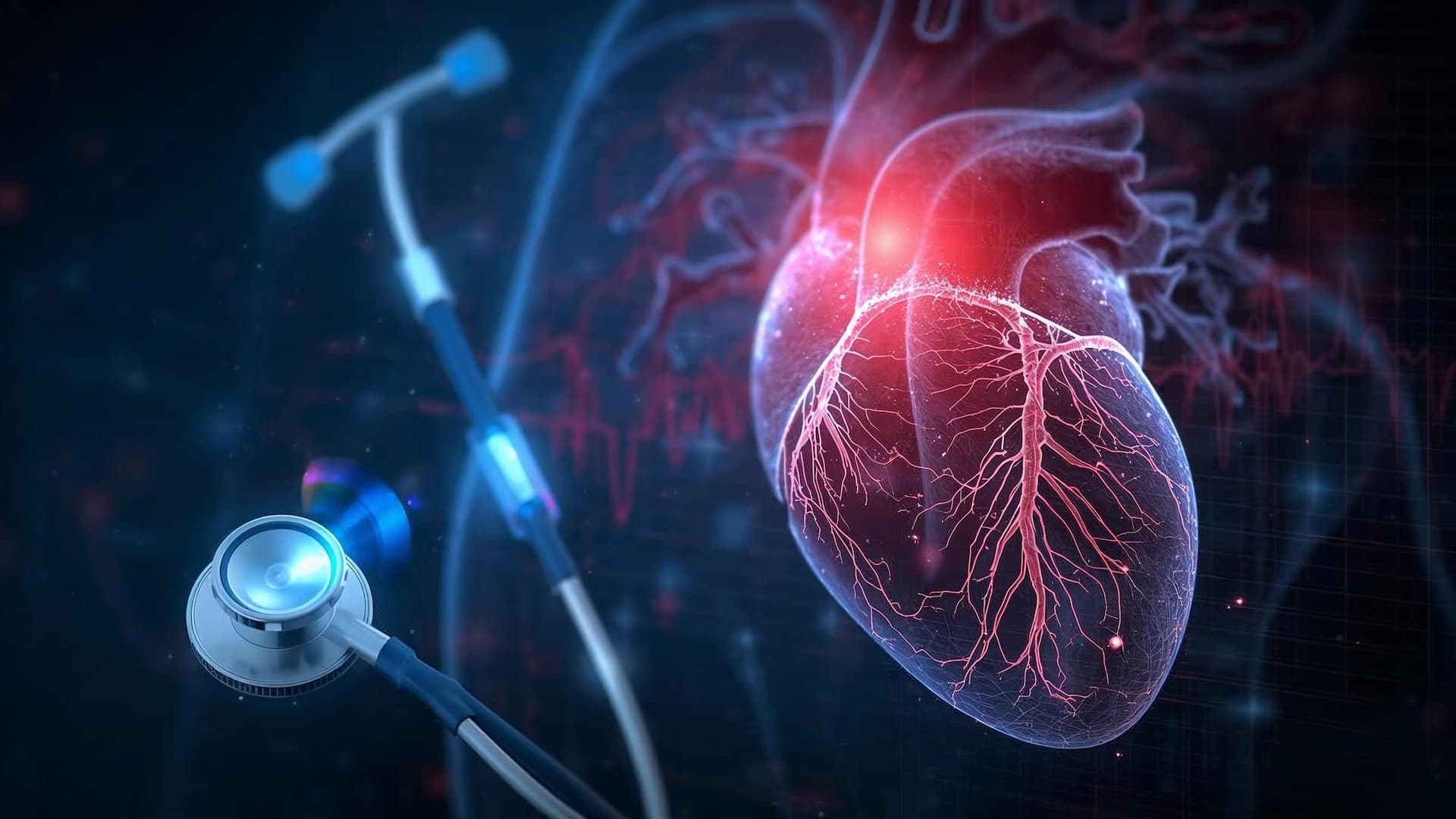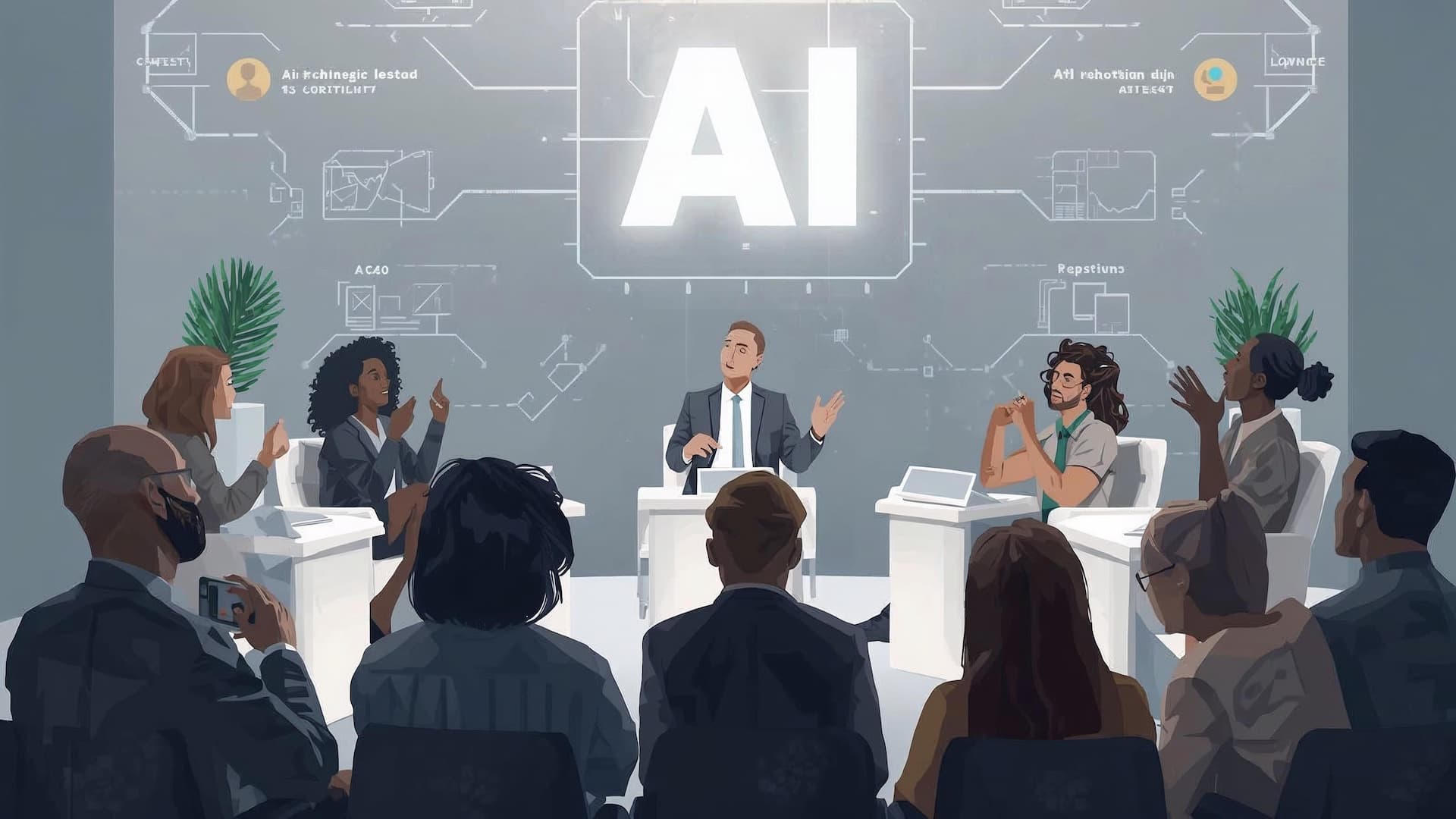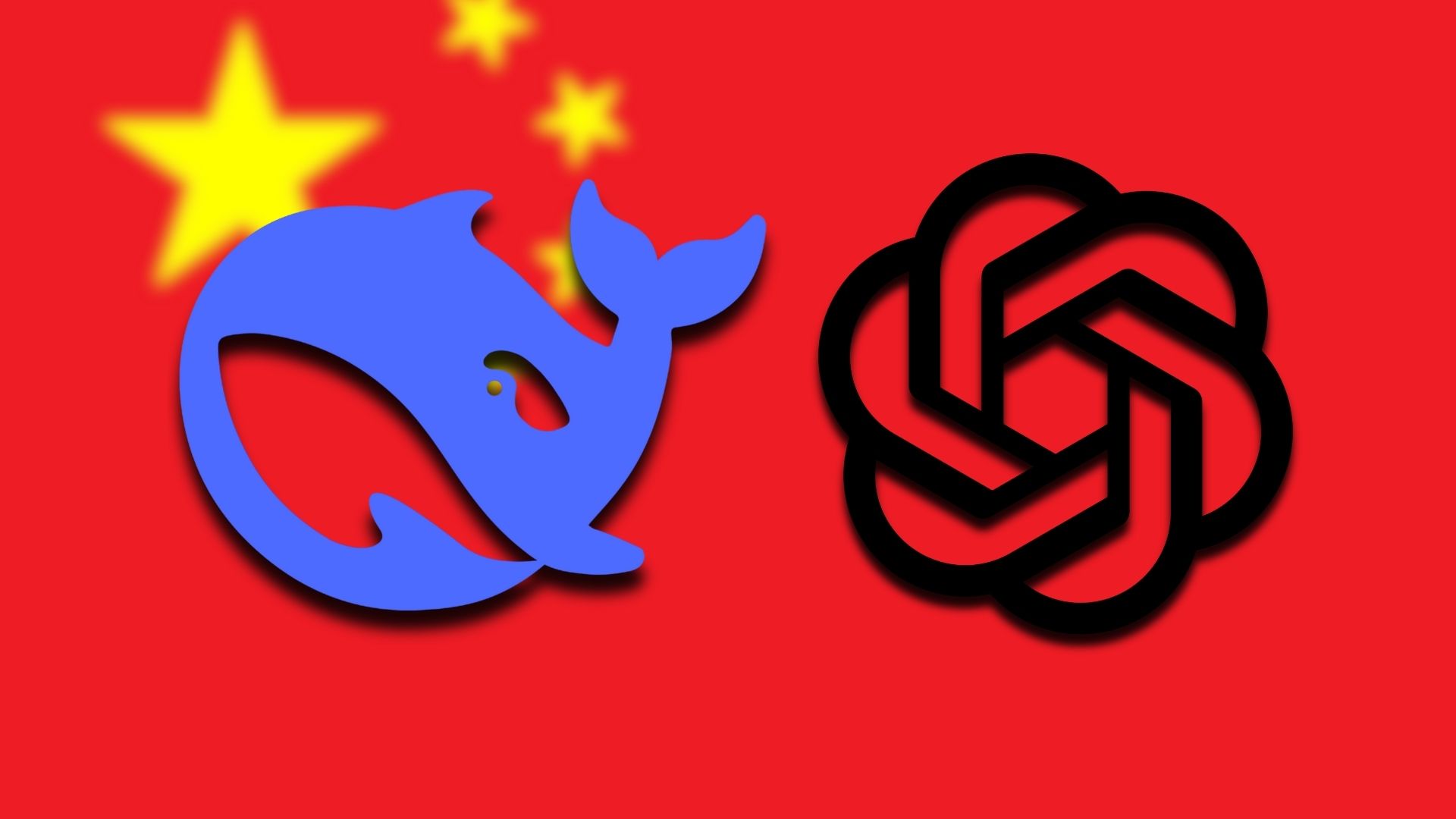Discord is preparing a global transition to teen-appropriate settings that will apply to all users unless they confirm they are adults.
The phased rollout begins in early March and forms part of the company’s wider effort to offer protection tailored to younger audiences rather than relying on voluntary safety choices. Controls will cover communication settings, sensitive content and access to age-restricted communities.
The update is based on an expanded age assurance system designed to protect privacy while accurately identifying users’ age groups. People can use facial age estimation on their own device or select identity verification handled by approved partners.
Discord will also rely on an age-inference model that runs quietly in the background. Verification results remain private, and documents are deleted quickly, with users able to appeal group assignments through account settings.
Stricter defaults will apply across the platform. Sensitive media will stay blurred unless a user is confirmed as an adult, and access to age-gated servers or commands will require verification.
Message requests from unfamiliar contacts will be separated, friend-request alerts will be more prominent and only adults will be allowed to speak on community stages instead of sharing the feature with teens.
Discord is complementing the update by creating a Teen Council to offer advice on future safety tools and policies. The council will include up to a dozen young users and aims to embed real teen insight in product development.
The global rollout builds on earlier launches in the UK and Australia, adding to an existing safety ecosystem that includes Teen Safety Assist, Family Centre, and several moderation tools intended to support positive and secure online interactions.
Would you like to learn more about AI, tech and digital diplomacy? If so, ask our Diplo chatbot!










